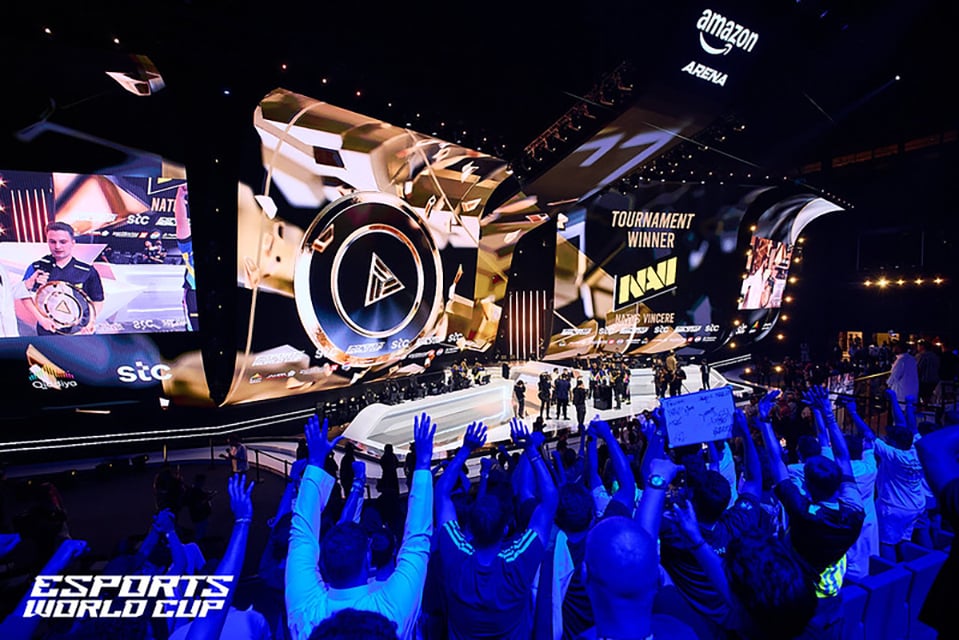
Here are the facts: The Middle East region is witnessing an unprecedented boom in gaming and esports. The numbers speak for themselves. Publicly available data on the recent Esports World Cup (EWC) held in Saudi Arabia show that it garnered more than 250 million views across all platforms, with total viewership of approximately 500 million.
More than 1,600 influencers jumped on the bandwagon, with more than 200 of them turning up on site at the event. EWC was covered extensively within more than 15,000 articles and video features across international and regional media outlets.
It’s no surprise that some of the most recognised brands in the region, including STC, Qiddiya, Sony, PepsiCo, Aramco, Nestlé, Amazon, Unilever, Mastercard, Adidas and Kraft Heinz, among many others, partnered with EWC through sponsorships, naming rights, activations, productions, booths, and campaigns and more.
The demand from brands echoes consumer sentiment. Recent reports indicate that in Saudi Arabia, almost 70 per cent of the population are gamers, approximately half of whom are women, highlighting how esports and gaming hold a particularly strong appeal.
Couple these figures with 100 per cent internet penetration, 134 per cent mobile users in the Kingdom, and a dominant youth population – people under the age of 30 – who account for 63 per cent of Saudi Arabia’s overall population, and we’re left with little doubt about where consumers are spending the bulk of their time during the day.
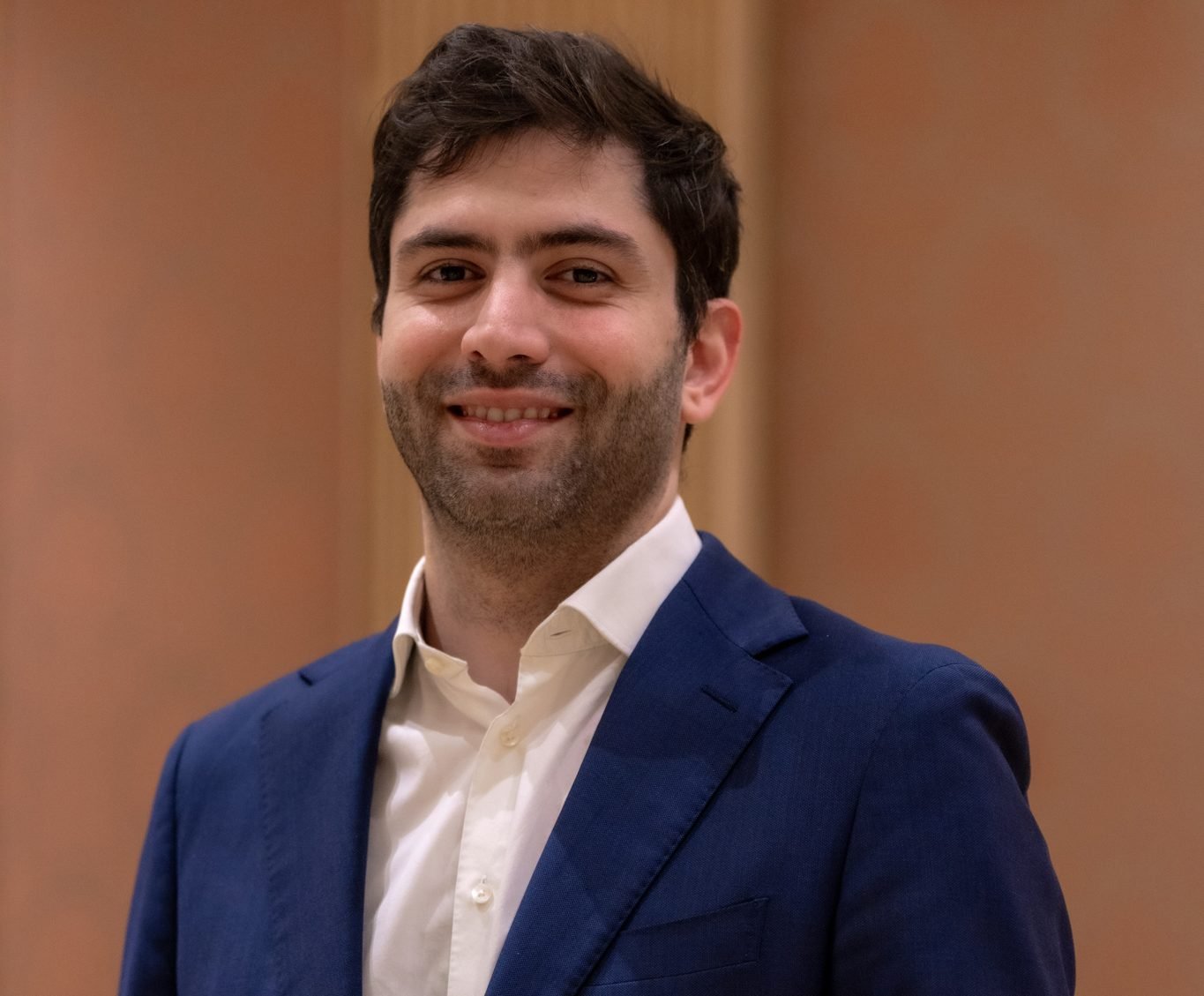
In conversation with Campaign Middle East, Mohammed Alnimer, Sales Director at the Esports World Cup Foundation, says, “By throwing their hat into the esports and gaming ring, brands can tap into this vast and fastest-growing audience, increasing their visibility and reach, and forging connections in a way that has not been seen in any other industry.”
Campaign Middle East also speaks to leaders at Amazon, Adidas, Division, NES (Nesma Esports), and Jack Morton about how brands that are active within the esports and gaming sector are reaping benefits in terms of their long-term brand-building efforts, growing a loyal consumer base, and improving business outcomes by accessing new revenue streams.
Division’s Founder and CEO, Nabil Moutran, says, “The great thing about the gaming and esports space is that it is purely centred on active engagement and entertainment where the audience and even the gamers themselves have an active role in the content itself. This presents an exceptional opportunity for brands to build lasting bonds with their customers. Building brand equity with one’s customers requires consistency and long-term thinking and consistency in activities. Brands that approach gaming and esports with the same methodology will enjoy a positive ROI.”
Several industry leaders also point to metrics proving the effectiveness of partnering with EWC through in game advertising, branded virtual items and sponsored content on streaming platforms.
Commenting on the marketing benefits for Adidas, which is active on Roblox, Fortnite and Rocket League, Bilal Fares, SVP and General Manager at Adidas EMC, says, “The gaming industry has redefined marketing with immersive, personalised and community-centred strategies. Gaming initiatives allow us to connect with younger audiences in meaningful ways, providing a model for other sectors to innovate by blending digital and physical experiences to foster brand loyalty in an interactive, community-driven landscape.”
Fares adds, “Committing to the gaming space means participating in an innovative ecosystem that influences culture globally. For Adidas, partnerships in gaming allow us to build meaningful, lasting connections with diverse communities by creating memorable experiences rather than simply showcasing products. True brand sustainability is about building genuine, enduring relationships that go beyond individual campaigns.”
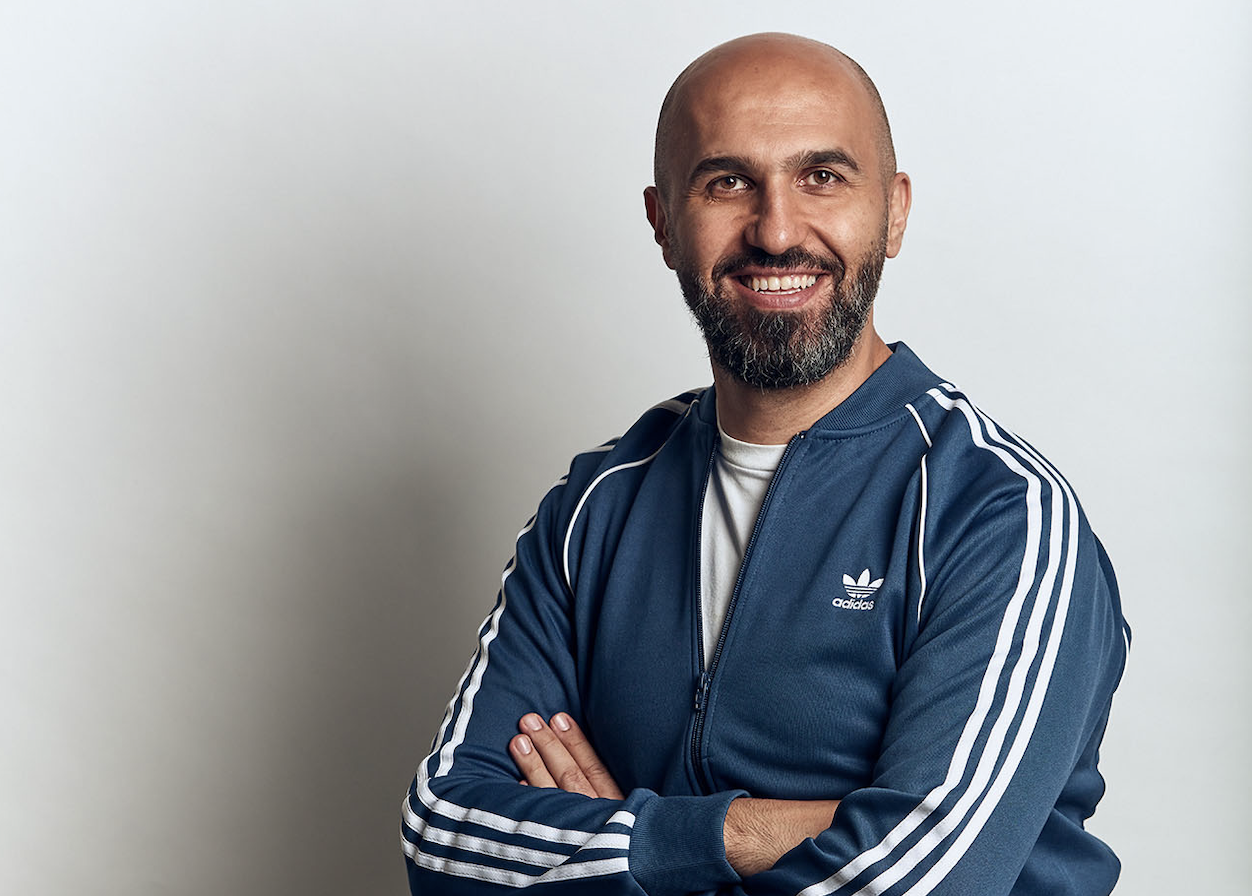
The leaders even reflect on the impact that the sector has on brand perceptions by being part of a ‘cultural movement’.
Ahmed AlBrahim, Amazon.sa Retail Category Leader for KSA, says, “For us, this partnership was not just about sponsoring an event. It was about embedding ourselves within the fabric of the Saudi community. We were thrilled to support the passions of Saudi gamers and create a platform that resonated with the Kingdom’s vibrant cultural identity. By aligning with popular local initiatives like the Esports World Cup, we demonstrated our commitment to engaging deeply with Saudi society.”
Dan Lord, Jack Morton Dubai’s Executive Creative Director, says, “Community is everything in this world. Gaming historically has community-driven origins, built organically from the ground up. Brands need to think and act community-first. Games are designed around the behaviour of their players and communities – MENA brands effective in this space are putting the gamer at the heart of the narrative.”
Adidas’ Fares adds, “Community building turns brand recognition into long-term loyalty. By creating spaces for people to connect around shared interests, such as our partnerships with local artists and designers, we establish deeper, more memorable ties with consumers. These communities often go on to champion the brand within their own circles, which enhances organic reach and brand recall.”
The fact that gaming has become an intrinsic part of Middle East culture, particularly in Saudi Arabia, is well documented. Even the aspirational Vision 2030 goals, which promote a social-economic pivot, have positioned gaming and esports as a key area for investment as part of the Kingdom’s diversification strategies.
Amazon’s AlBrahim says, “The esports and gaming landscape has evolved from a niche interest to a vibrant and influential cultural phenomenon.”
He adds, “We embraced the Kingdom’s digital gaming wave, offering customers across the region an exceptional combined gaming and online shopping experience.”
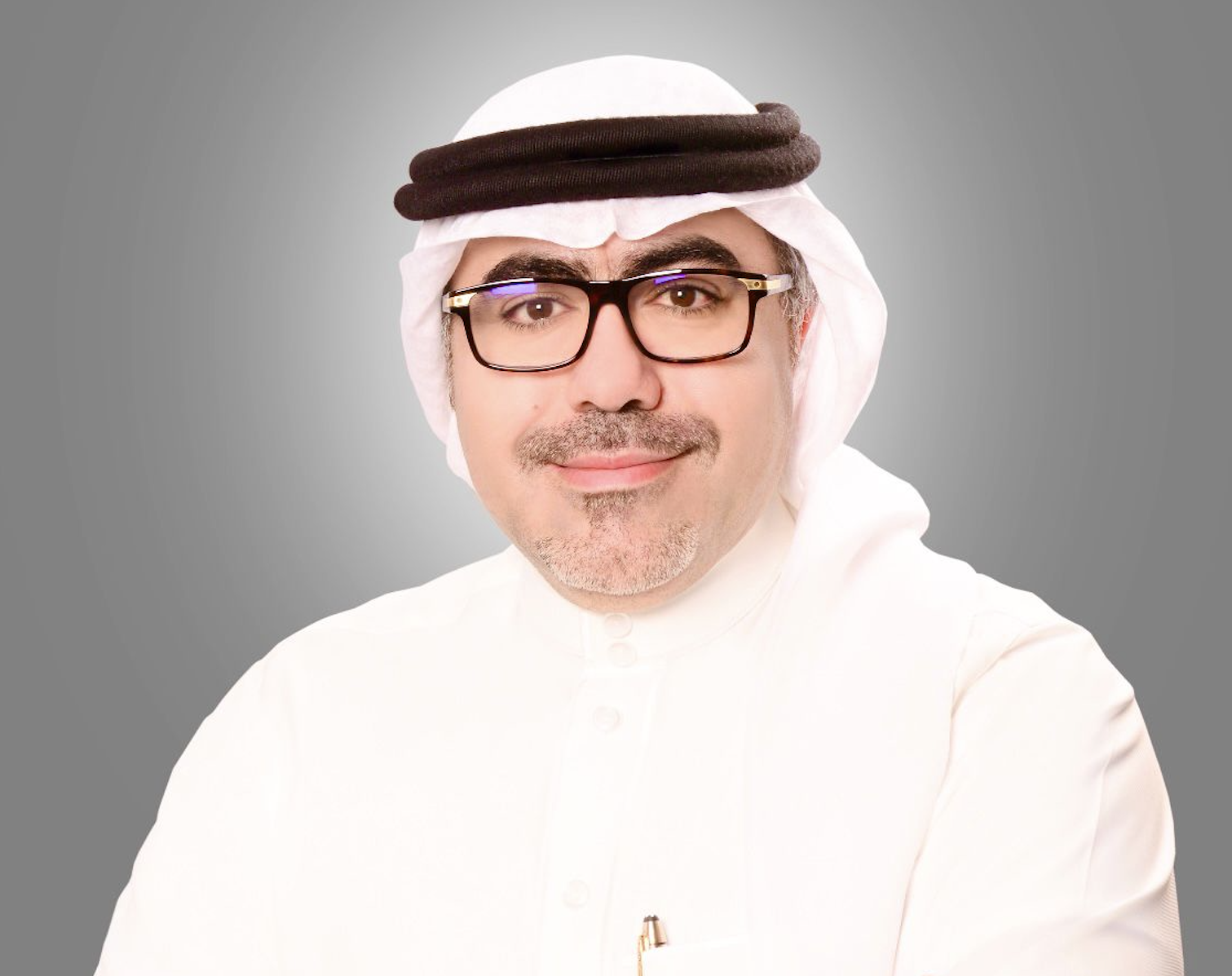
Gaming and esports also has been heavily backed by the Saudi government. Launched by Saudi Arabia’s Crown Prince, Prime Minister, and Chairman of the Council of Economic and Development Affairs, HRH Prince Mohammed bin Salman bin Abdulaziz in 2022, The National Gaming and Esports Strategy aims to achieve economic impact by contributing approximately SAR 50bn directly and indirectly to the gross domestic product (GDP) and creating more than 39,000 new job opportunities by 2030.
The Kingdom has reportedly already invested more than $20bn in the gaming sector, with approximately $6bn spent on acquiring gaming companies. In 2022, Saudi Arabia’s Gamers8 festival featured a $45mn prize pool, making it one of the richest esports tournaments globally at the time.
In 2024, the prize pool at the Esports World Cup held in Riyadh crossed the $60mn mark, making it one of the biggest gaming events globally.
“Brands in the Middle East are recognising the enormous potential of esports by combining digital and physical experiences and investing in content with creativity,” EWC’s Alnimer says. “Take STC, the Saudi telecom company, for example, which developed a full ecosystem around gaming and esports. They were not only the backbone of our event by providing essential connectivity, but also launched a full activation programme for casual players and fans with competitions and brand experiences.”
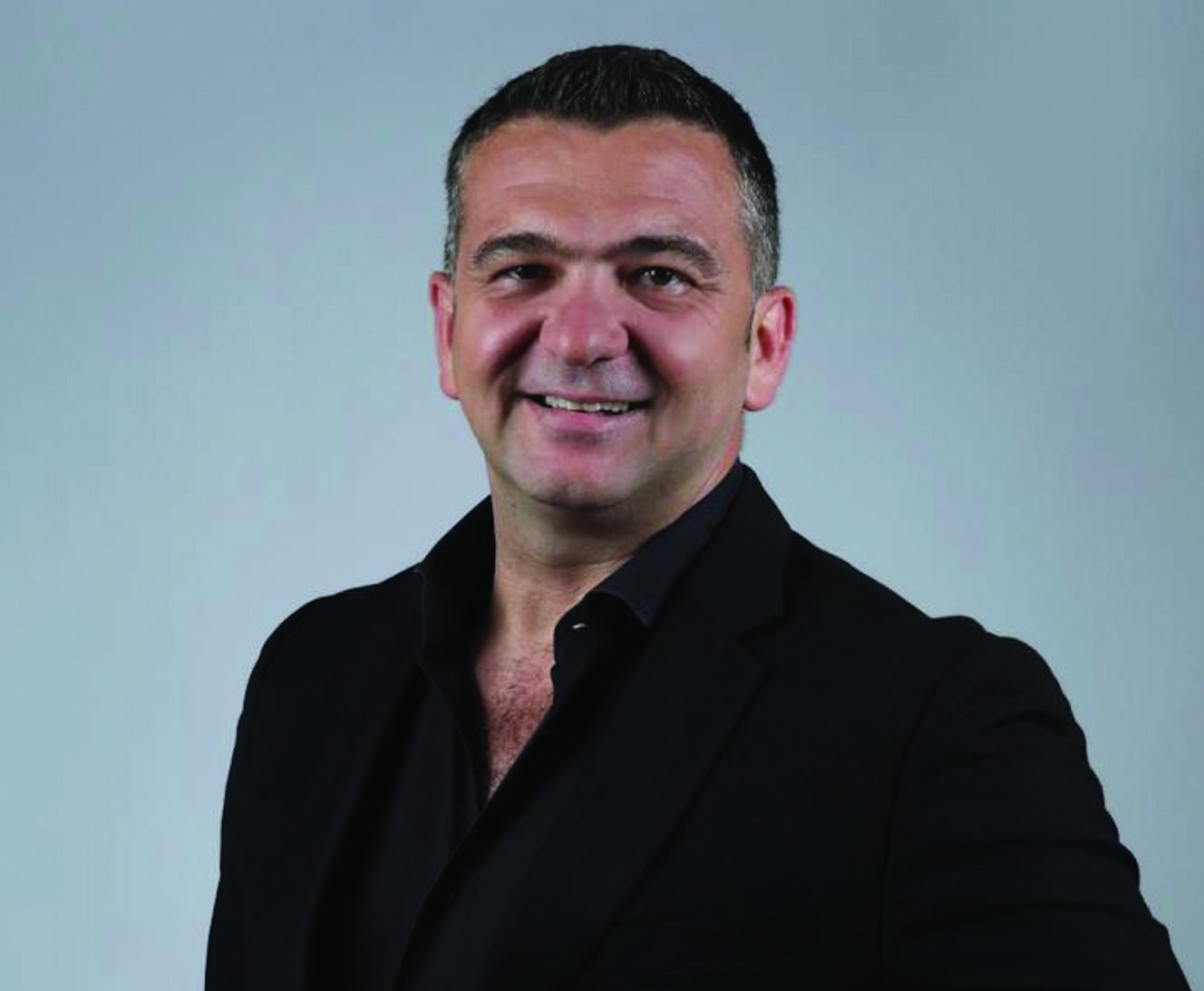
Division’s Moutran takes this a step further by highlighting three innovative marketing strategies that are emerging within the gaming and esports sector:
– In the game: This is any form of advertising message that does not disrupt the game play. It includes everything from deploying ads around the side of a football pitch in EA FC (as you would see in real life) all the way to the development of fully immersive experiences on game titles such as Fortnite, Roblox and Minecraft.
– Around the game: This is more disruptive in nature and would take the gamer away from the actual game itself. It includes rewarded video, playable ads, banner ads and interstitial ads. This format is seen more in mobile games and, unless executed very well, can create a negative response from the user due to its disruptive nature.
– Away from the game: Sponsors, gaming content, events and activations fall under this category where association of a brand to a specific gamer, content creator or event enables the brands to build an impression with the audience.
“We have seen incredible results in this area, however the key here is to ensure that all executions are done with relevance and authenticity to complement the experience for the audience that is there in the first place,” Moutran says.
He adds, “As long as a brand is communicating with its audience in a manner that is entertaining and unintrusive then it will always have a positive response from its consumers. We are seeing incredible performance on the campaigns we are deploying for our clients and agency partners, with metrics that are unheard of in other mediums.”
Offering an example, Amazon’s AlBrahim says, “By providing exclusive deals on sports devices, gaming accessories, and electronics, we successfully increased engagement with Amazon.sa and Amazon.ae, particularly among passionate gamers and fans of the esports and gaming industries. These targeted promotions not only elevated the shopping experience for our customers but also positioned Amazon as a destination for both entertainment and essential gaming gear.”
As with any rising trend within the creative, marketing and advertising sectors, esports and gaming are also facing growth pangs.

Each of the leaders that Campaign Middle East speaks to as part of this ongoing discussion also offer a word of advice on how to overcome challenges facing a lucrative sector.
Division’s Moutran says, “The main challenge is education, experience and confidence. Knowledge around what can be done in the gaming space and how that can complement the broader marketing strategy or even campaign objective is always the starting point.”
EWC’s Alnimer adds, “Brands need to understand the nuances of the gaming ecosystem and tailor their approach to appeal to this audience by speaking their language. Brands need to challenge themselves with creativity, being more playful and fun, and they need to plan for the long-term, to build loyalty over time with this next-generation audience.”
Adidas’ Fares says, “Brands need to be locally relevant yet globally resonant, which requires a fine balance. Additionally, there’s a need to constantly innovate to keep up with the rapid evolution in gaming trends and technologies.”
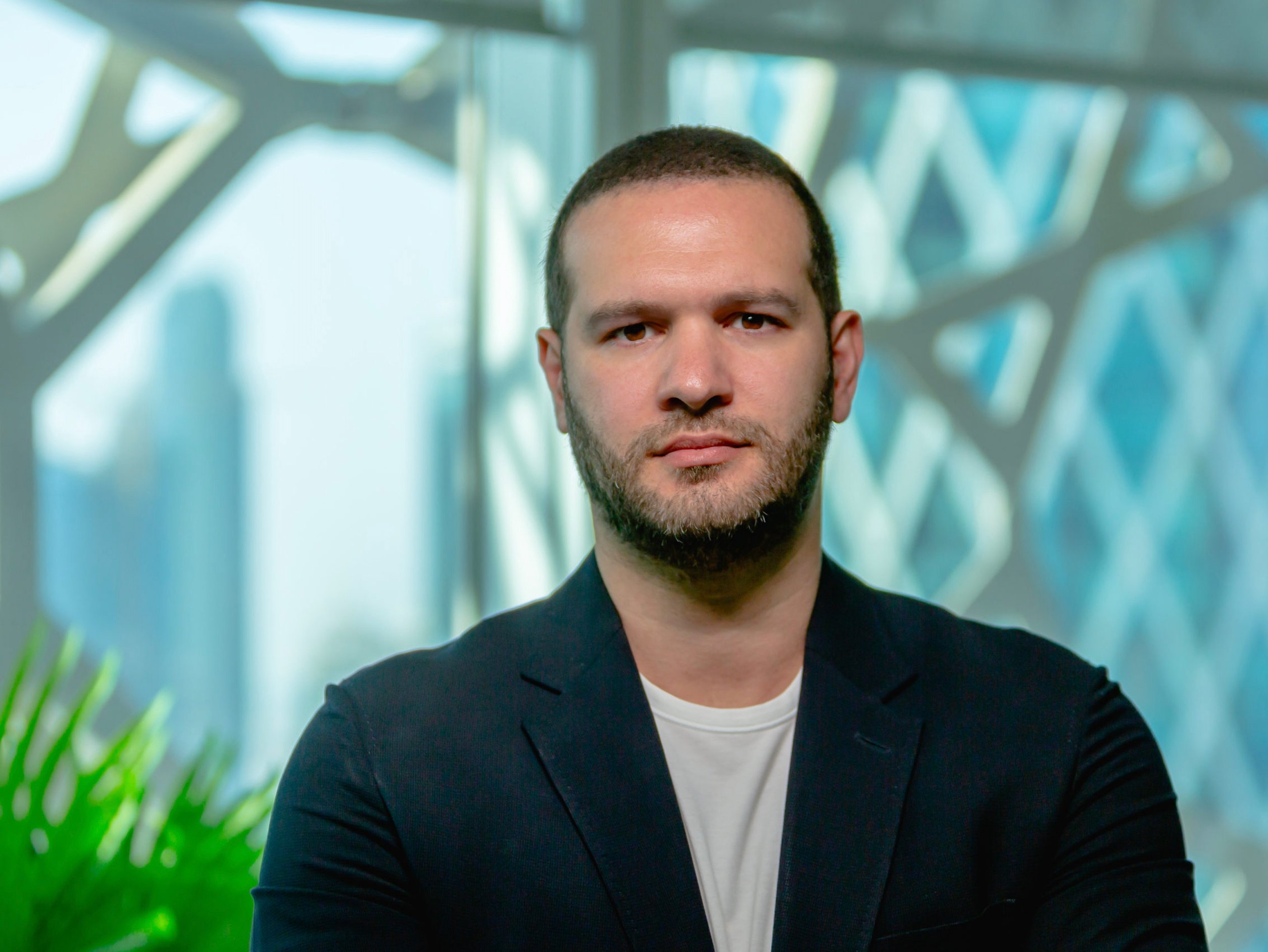
NES’ Co-founder and CEO Elie Honain echoed these thoughts, calling for brands to focus more on cultural sensitivity, trust, credibility and gamer preferences.
Honain offers a word of advice, saying, “Brands tend to copy and recreate successful campaigns. This is a big mistake as gamers can spot it from a mile away. Many gamers are sceptical of brands entering the gaming space, often viewing them as outsiders looking to profit. To build trust and credibility, brands must support local events and creators, sponsor esports teams, and create high-quality and engaging content.”
“The diverse cultural landscape in the Middle East means that brands must be mindful of local customs, values and sensitivities, which can vary significantly across the region. Brands should conduct thorough market research and engage local experts to tailor their messaging and campaigns, ensuring they resonate positively with different communities,” Honain concludes.









